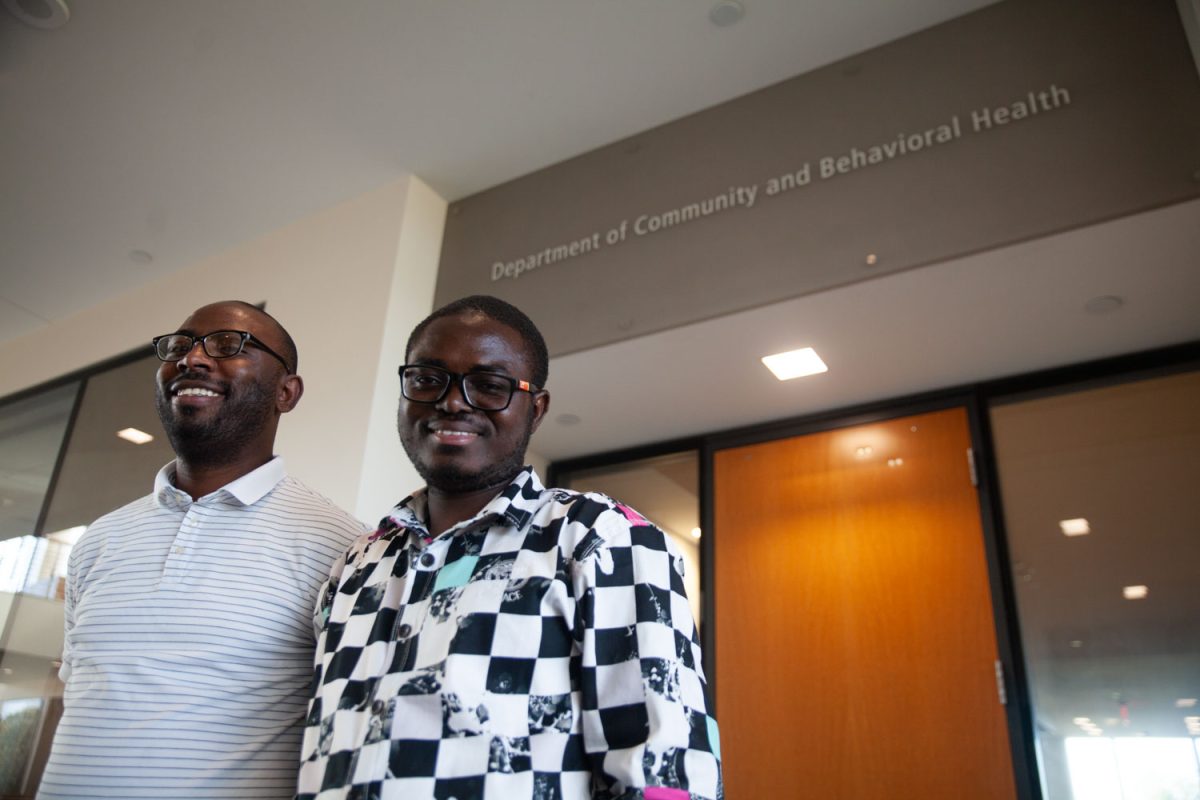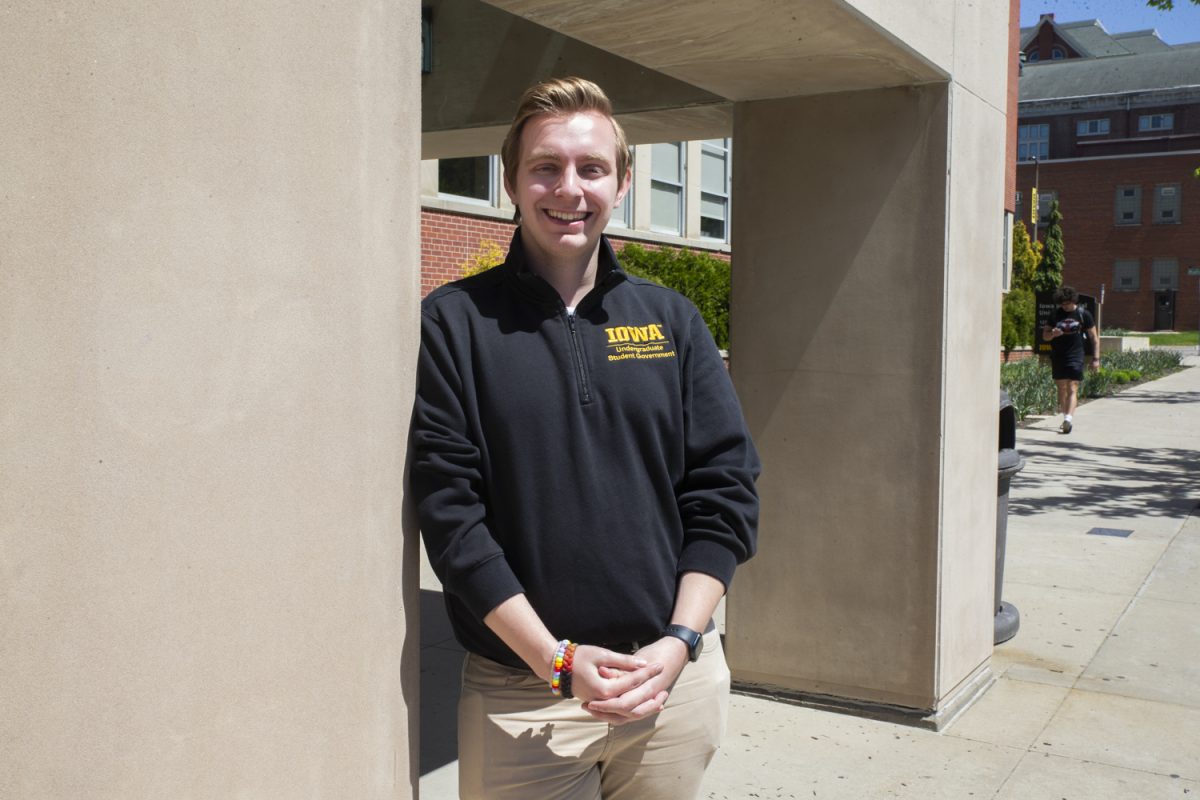Stigma plays an incredibly large role in the lives of those with human immunodeficiency virus, or HIV.
University of Iowa researchers Oluwafemi Adeagbo and Oluwaseun Badru are taking a magnifying glass to the stigma surrounding HIV.
Adeagbo, an assistant professor at the UI College of Public Health, conducted a study in 2021 in Nigeria in hopes of learning more about this stigma.
During his time there, he connected with almost 4,000 people living with HIV. Adeagbo’s primary focus was on the impact of stigma on mental health and social support.
Previously, Adeagbo worked in South Africa where there are approximately 9 million people living with HIV. He experienced many of the same problems when it came to stigma around the disease, with many people afraid to disclose their identity for fear of losing those closest to them.
“People were afraid of their HIV identity,” Adeagbo said. “If one person knew you were going to an HIV clinic, everyone knew.”
Badru, who was born in Nigeria, grew up hearing about the stigma behind HIV and wants to be a part of the change.
“It was a concern for me that people were discriminating against people with HIV, and stigmatizing those living with HIV,” Badru said. “I want to reveal to the world that this is a problem.”
Adeagbo and Badru are currently conducting research to identify the barriers of HIV prevention services amid an uptick of Black and African American men who have sex with other men in Iowa.
The 2021 study found that women were more often affected than men, Adeagbo said.
Women tend to experience violence in relationships at a higher level than men, the study found. Additionally, for those who did choose to disclose their identity, many lost their jobs, and sometimes even their family members.
This leads to many people being afraid to disclose their HIV identity, further exacerbating the stigma.
Badru, a UI doctorate student, focused specifically on the social support aspect of HIV stigmatization with Adeagbo.
RELATED: IC Red Week raises awareness for HIV/AIDS
Badru and his team began looking at support in three different layers: family, friends, and significant others. When they looked at overall social support, they found that out of 400 people living with HIV, only half had adequate support from family and significant others.
“Once there is adequate support, the chance that these people living with HIV are likely to have experienced stigma is reduced,” Badru said. “So experienced stigma is reduced,” Badru said. “So that means that support is important.”
Another important finding in their research was that for those who had disclosed their HIV status, they began to experience a decrease in support from significant others, Badru said.
“Among those who are married, there is a further reduction in support from religious and other key members of society,” Badru said.
Therefore, the stigma is higher for those people who tend to not have an ample support system.
Stigma has also had a physical effect on HIV patients. When looking at the data, Adeagbo found that those who had been on antiretroviral treatment for a period of time were not virally suppressed.
Upon further research, Adeagbo and his team found that the issue was stigma. Many people had stopped going to the clinic due to fear.
Adeagbo and Badru also found in their research that those with HIV were more likely to have anxiety and major depression.
“They have this feeling that they are all alone in the world and their family wants nothing to do with them,” Adeagbo said.
As Adeagbo and Badru work to destigmatize HIV and issue stigma reduction interventions, their intention is to conduct research that actively involves those living with HIV in Nigeria by asking them what they think, how they want to be treated, as well as what kind of interventions can be done to help them.
The research duo is currently partnering with organizations in Nigeria focusing on HIV research and working to develop different interventions. This will take a lot of community engagement and mobilization to involve those living with HIV to ensure stigma reduction prevention, Adeagbo said.
“We need to approach it as a multilevel intervention and be looking at different socio-ecological levels,” Adeagbo said.
















